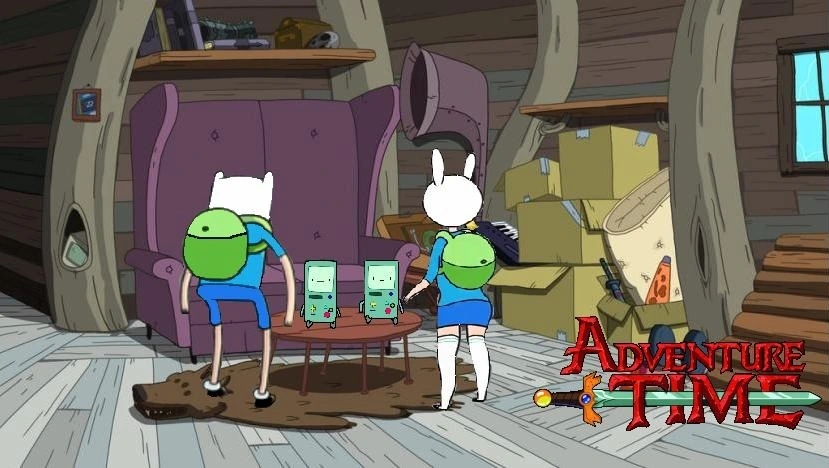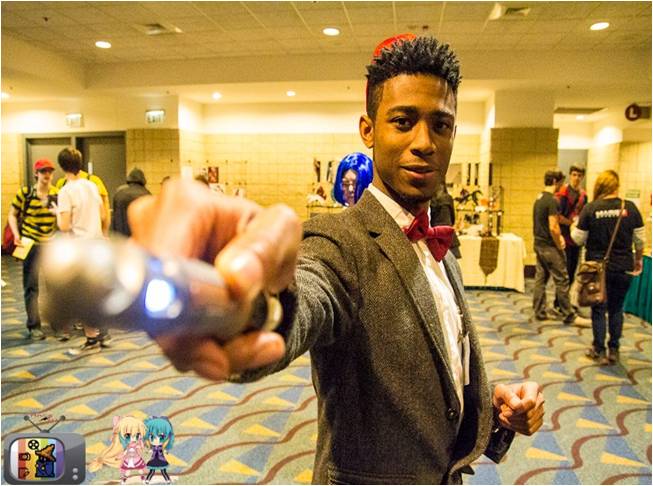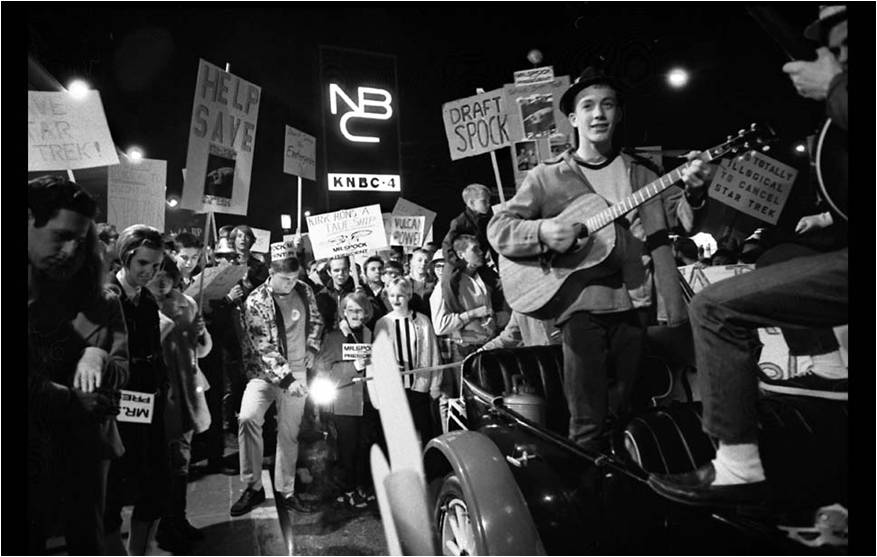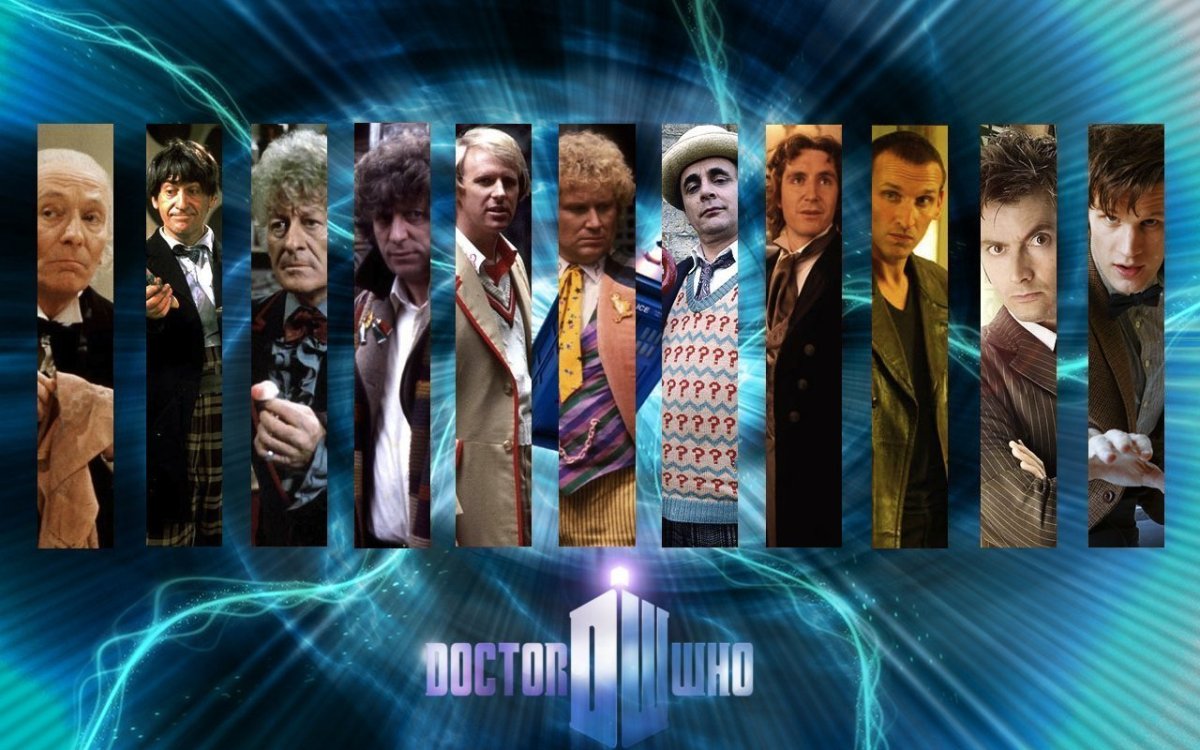This is a revised version of a paper that I originally wrote for a class on New Media and Culture, taught by Dr. Paul Booth at DePaul University in Chicago, IL. Since this was written, Dr. CarrieLynn Reinhard of Dominican University has come on board as a co-author, and we are currently in the process of revising this paper with an eye towards publication. Additionally, we will be presenting a version of this paper at the upcoming CSCA annual conference scheduled to take place April 2 – 6, 2014 in Minneapolis, MN. We are interested in getting feedback on this paper, so we would appreciate any and all comments people might have to offer. However, because this paper is incomplete and not currently published in any journals, we would ask that if you want to quote it or cite it in any way, please contact us for permission first. Thank you.
A COMPUTER BOY OR A COMPUTER GIRL?: ADVENTURE TIME, BMO AND THE NETWORKED SELF
INTRODUCTION
With episodes like “Fionna and Cake” (Season 3, episode 9) or its follow-up “Bad Little Boy” (Season 5, episode 11), the cultish animated series Adventure Time (2010-current) tackles issues of gender head on; by swapping female characters for male characters and vice versa, the show highlights the fact that gender is not fixed, and serves to “underline the arbitrariness of gender and reveal its symbolic as opposed to its biological function” (Morse, 2001, p. 27). This, along with an emphasis on strong female characters like “Marceline and Princess Bubblegum helped make Adventure Time a hit with female viewers, giving girls two distinctive characters to connect with” (Sava, 2013, online). Indeed, “the series becomes something more when it begins to focus on Finn’s relationships with the women around him,” and it conveys lessons through “morality tales that avoid being overly preachy by teaching values in wildly ludicrous circumstances” (Sava, 2013, online). Thus, Adventure Time is able to transcend the notions of gender that are often coded into children’s programming, despite the fact that both of the central characters are male (Jake the dog and Finn the human). Furthermore, the series conforms to Matt Hills’ (2004) definition of cult television in a number of ways, and thus it is also able to cross generational lines as easily as it crosses gender lines.
Continue reading “Adventure Time, BMO and the Networked Self”




